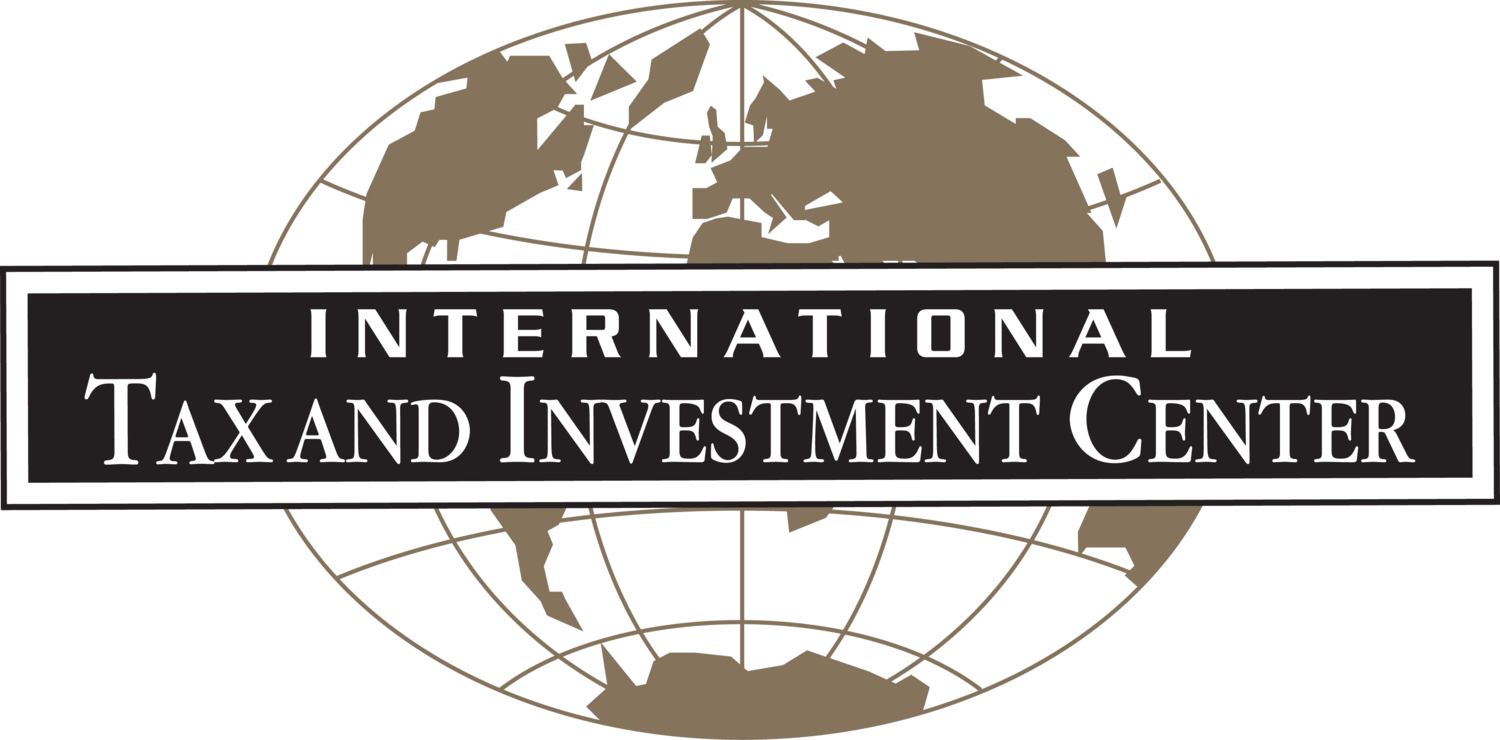ITIC continues to monitor comparative annual studies that analyze progress in economic reform, as a means of attracting foreign investment. Some findings of the ‘bell-wether’ World Bank report, entitled, Doing Business (2018): Measuring Business Regulations (published on 31 October), are set out below for select economies in which ITIC operates.
IEITI Tax Roundtable
On 15 October 2017, ITIC joined with the Iraq Extractive Industries Transparency Initiative (IEITI) to organize a roundtable on taxation at the Oil Cultural Centre in Baghdad.
India GST Implementation – An Update
After 11 long years, GST has finally become a reality in India. Implementing GST provides an opportunity to remove (or at least mitigate) the weaknesses that both the Centre and States faced with the existing indirect tax structure. With GST, the cascading of tax will almost be eliminated and compliance costs will be minimised -- first by reducing the multiplicity of taxes and then by bringing in technology for taxpayers and taxmen to interact. Transportation and logistics costs will also be drastically reduced, and inter-State check posts will be removed, thereby providing a country-wide Common Economic Market. Finally, GST is a destination-based consumption tax that will pave the way for industry development through improved infrastructure, road networks, and power stations expected to be built with the extra revenue that will go to the States.
Philippines Tax Reform
Kazakhstan Tax and Investment: Fall 2017
During the opening session of Kazakhstan’s Parliament on 4 September 2017, Kazakh President Nursultan Nazarbayev devoted a large part of his presentation to the challenges facing Kazakhstan’s economy, achieving investment-led growth, and the role of fiscal policy in consolidating recent improvements in GDP growth. He also referenced the new draft Tax Code, which seeks to eliminate ineffective incentives and preferences while diminishing the shadow economy and simplifying tax administration.

